Catching up with unread copies of The New York Times Book Review, I recently read a review of three children’s books about the Holocaust (April 6, 2014). One, a graphic novel (aka a comic book) called “Hidden: A Child’s Story of the Holocaust,” is recommended for readers age 10 and up. Translated from the French, it’s a fictional story told by a grandmother about her 6-year-old self whose parents were taken away and who then lives on a farm for the duration of the war. The second book, “Hidden like Anne Frank: Fourteen True Stories of Survival,” is recommended for middle-grade students, ages 12 and up. These true tales are more disturbing for being true, and also as they relate tales of children who survived the war – but whose parents often did not.
But the one that I was shocked to see recommended for younger children is a picture book based on a true story titled “The Whispering Town.” Although the book’s publisher recommends it for children ages 7 to 11, the Times reviewer feels that it’s “appropriate for reading to very young children [5 to 8] as an introduction to the subject of the Holocaust.” I think that even 7 is much too young.
I firmly believe that young people of all religious backgrounds should learn about the Holocaust, and I’m heartened that many high schools across the country have courses talking about this black period in world history. I hope that some of these courses even talk about the anti-semitism rife in the U.S. at the time, which prevented our country from allowing immigration of Jewish children and adults at a crucial time even after the world had learned what was likely to happen to them.
But I can’t understand why anyone would think that this tale of Nazi soldiers accompanied by bales of barbed wire would be suitable for a kindergartner. Young children often have nightmares after hearing classic fairy tales – “made-up” stories from another time and place. How much worse it seems for them to hear about horrors that could happen to them or their parents, the people who are supposed to keep them safe.
What’s to be gained from exposing these very young children to some of the worst history our world has ever known? Why would this and other reviewers (let alone the author) think that this book is a good idea? What’s to be lost by not protecting childhood for a little while longer?
Postscript: My letter about this to the editor of The New York Times Book Review was published June 1, 2014.
Glitter Leaves
5 months ago














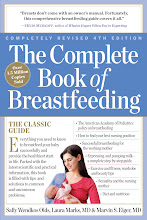







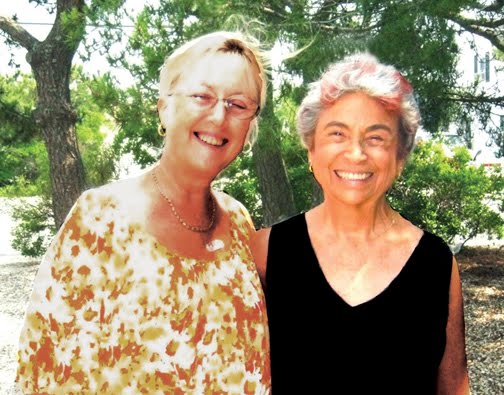.jpg)
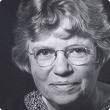


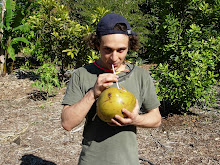

.jpg)
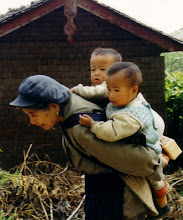.jpg)
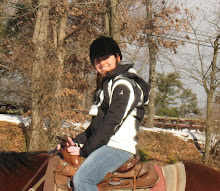.jpg)
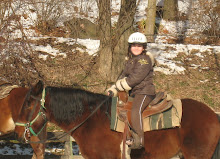.jpg)
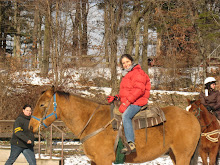

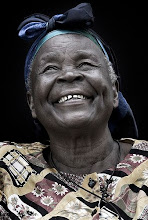

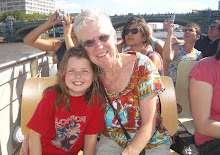.jpg)






.jpg)
2 comments:
Absolutely agree with you!
Great post!
Post a Comment